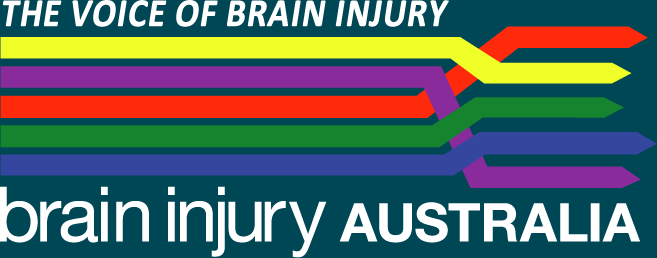Motor neurone disease (MND)
Motor neurone disease (MND) is the name given to a group of diseases in which the muscles that enable us to move, speak, breathe and swallow fail to work normally.
The cause of MND is unknown but researchers' theories about its origins include discussion of viruses, environmental toxins and chemicals as well as immune factors. They also discuss transmitter chemicals that control communication between nerve cells (neurones), and the way in which the neurones that control movement grow, repair and age.
Motor system: Muscles, and the nerves that supply them, are called the motor system. It looks after action and movement. The system fails when the neurones that control movement (motor neurones) become damaged and stop working. Without nerve impulses (messengers travelling to and from the brain and the body) to activate them, the muscles gradually waste away.
There are two different types of motor neurones. MND can affect both.
Upper motor neurones: Upper motor neurones are in the brain. Damage to these causes "spastic" or stiff paralysis of the muscles that they serve.
Lower motor neurones: Lower motor neurones are in the spinal cord. Damage to them causes floppy paralysis.
Incidence
Each year, about one in 50,000 Australians develops MND. MND can affect anyone but is slightly more common in men than in women and among people in their 50s and 60s. MND is not contagious or infectious.
Treatment
At present there is no cure for MND, although research continues throughout the world and there has been encouraging progress. In Australia a medication has been approved for the treatment of amyotrophic lateral sclerosis (ALS) – the most common form of MND. This drug is Rilutek (riluzole), which is available at a subsidised price on the Pharmaceutical Benefits Scheme. There are some strict criteria governing which people can receive subsidised Rilutek, and it is best to discuss these with a neurologist.
Researchers are developing and trialling drugs to slow down the progression of the condition. Your neurologist or the Motor Neurone Disease Association can give you the latest information.
How MND Progresses
In most cases, MND does not affect intellect, memory or the senses (sight, hearing, taste, smell, touch), although it occasionally causes dementia. Bowel and bladder are not usually affected, but constipation can be a problem when people become less mobile or have to change their diet because of swallowing difficulties.
Most people will eventually have difficulty moving about and many will have difficulty with speech and swallowing.
More information
BrainLink is a community based care and education organisation focusing on the impact of acquired brain disorders.
Brain Link Fact Sheet: Understanding Motor Neurone Disease ![]() The above information is a short summary of parts of this fact sheet.
The above information is a short summary of parts of this fact sheet.
MND NSW is a registered charitable not-for-profit organisation providing support and information for people with all types of motor neurone disease, their families and carers in NSW, ACT and NT.
